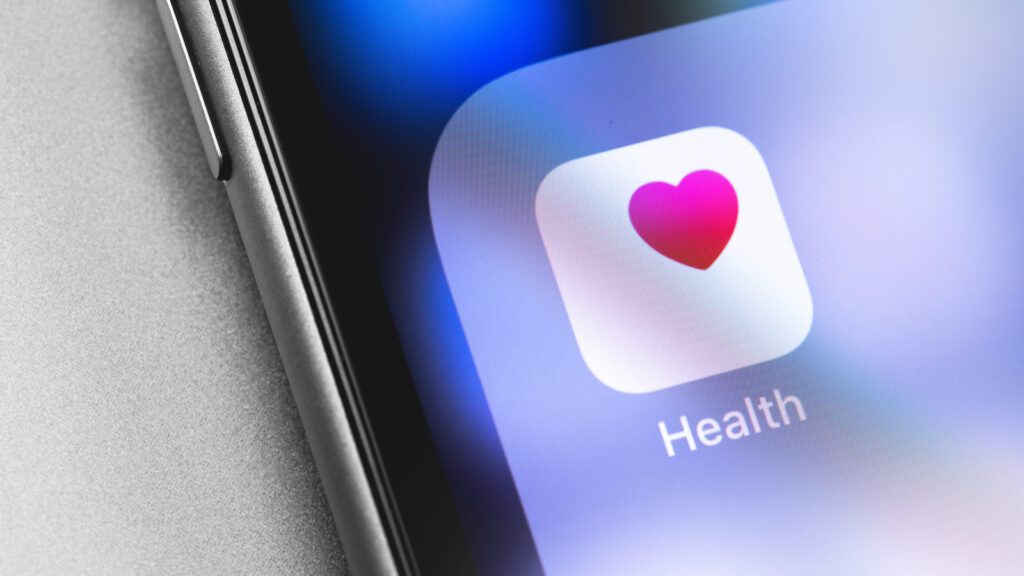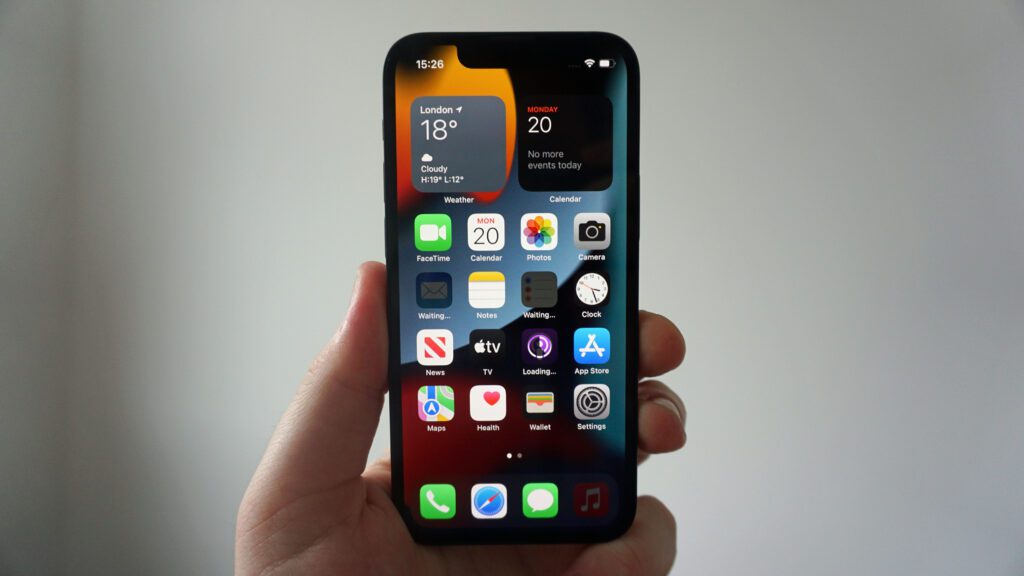Cupertino, CA – In an ambitious move to expand its health portfolio, Apple is reportedly working on a new feature for its iPhones that aims to detect signs of depression, anxiety, and cognitive decline. The technology would utilize various digital clues such as typing patterns, movement data, sleep patterns, and more. The Wall Street Journal reports that these efforts are part of research partnerships with the University of California, Los Angeles (UCLA) and pharmaceutical company Biogen. While still in its early stages, Apple executives remain optimistic about the potential impact of these advancements in addressing mental health challenges.
Partnerships with Leading Institutions:
Apple has teamed up with UCLA and Biogen to conduct research on mental health and cognitive impairment. The project at UCLA, codenamed “Seabreeze,” focuses on studying stress, anxiety, and depression, while Biogen’s project, codenamed “Pi,” aims to investigate mild cognitive impairment. The UCLA study plans to track data from 3,000 volunteers starting this year, while Biogen aims to recruit around 20,000 participants over the next two years.

Extensive Data Analysis:
The research initiatives involve analyzing participants’ facial expressions, speech patterns, walking pace and frequency, sleep patterns, heart and respiration rates, as well as typing speed, frequency of typos, and content. By examining these data points, Apple’s technology aims to identify potential signs of mental health disorders and cognitive decline.
Privacy Protection on User Devices:
To address privacy concerns, Apple intends to carry out the diagnosis work directly on users’ devices without sending any data to its servers. This approach seeks to protect user privacy while allowing for the analysis of personal health-related information. However, critics argue that the potential for a device to diagnose or misdiagnose users based on meticulous analysis of their movements raises significant privacy concerns.
Algorithmic Reliability and Accuracy:
Developing algorithms that can reliably and accurately diagnose specific mental health conditions poses a significant challenge. While early signs of cognitive impairments and mental health issues may manifest in distinctive smartphone usage, ensuring the reliability and accuracy of the detection algorithms is crucial. Apple’s research will need to overcome these challenges to provide users with a trustworthy tool for identifying potential mental health concerns.

Addressing Recent Privacy Concerns:
Apple’s exploration of mental health detection follows its recent announcement of a feature designed to combat child abuse. The tool, named NeuralHash, can identify child sexual abuse material (CSAM) stored on an iPhone without decrypting the image. The company has faced criticism regarding potential privacy violations related to scanning and analyzing private photos. In response, Apple clarified that the CSAM detection capability is solely focused on identifying known CSAM images stored in iCloud Photos, as identified by experts at the National Center for Missing and Exploited Children (NCMEC) and other child safety groups.
Apple emphasized its commitment to user privacy, stating that it has consistently refused government demands to compromise user privacy and will continue to do so in the future.
Read More: Unveiling the Mystery: The Purpose of the Small Dot on the Back of iPhones
Future Implications:
While Apple’s efforts to develop mental health detection features for iPhones are still in the early stages, they hold promise for addressing the growing rates of depression, anxiety, and cognitive disorders. Collaboration with renowned institutions like UCLA and Biogen showcases Apple’s commitment to advancing healthcare through technological innovations. As development continues, Apple will need to navigate privacy concerns and ensure the reliability and accuracy of its algorithms to provide users with a valuable and trustworthy mental health tool.



